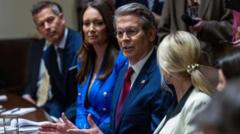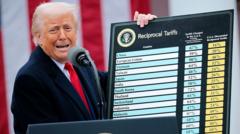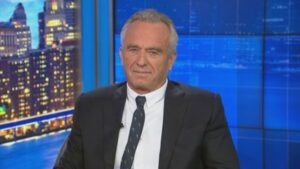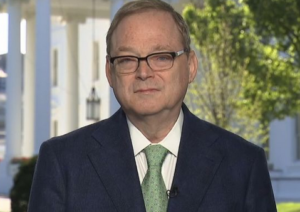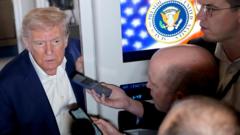The announcement of a reciprocal tariff policy has reshaped international negotiations as President Trump emphasizes the need for fair trade. Leaders across the globe face heightened stakes, with varying perspectives on the potential risks and benefits of this emerging trade landscape.
Trump Unleashes New Tariff Policy Amid Global Trade Tensions
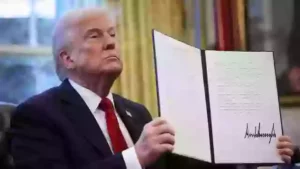
Trump Unleashes New Tariff Policy Amid Global Trade Tensions
President Trump and Prime Minister Netanyahu declare a new tariff strategy, aiming to balance trade relationships and exert pressure on global economies.
President Donald Trump, alongside Israeli Prime Minister Benjamin Netanyahu, has heralded the impending launch of a reciprocal tariff policy, asserting its potential to reshape international trade dynamics. This announcement, which Trump has dubbed “Liberation Day,” represents a significant pivot in U.S. trade policy, intended to rectify perceived economic imbalances that have favored foreign nations at the expense of American interests.
The new policy lays the groundwork for imposing equal tariffs on imports from countries that have historically maintained low tariffs on U.S. goods while imposing high tariffs on American products. “No more free ride,” Trump declared, emphasizing a reciprocal approach whereby if nations, for instance, charge a 25% tariff on U.S. cars, they can expect the same treatment from the U.S.
This strategy aims to encourage negotiations across the globe, with Trump claiming to observe a growing interest among world leaders eager to discuss trade terms. By framing the initiative not as isolationism but as a reassertion of trade fairness, Trump suggests that the U.S. will no longer cater to countries that exploit its market advantages.
The announcement has spurred significant reactions within the global economy, prompting both allies and competitors to reassess their trade strategies. Countries such as China, Germany, and traditional partners are among those who could face the most pressure as the U.S. moves to recalibrate its trade disadvantages. Trump highlighted that preliminary negotiations are in progress, indicating that several leaders are already inclined to lower tariffs to maintain favorable relations with Washington.
Supporters of this initiative view it as a corrective measure against decades of globalist trade agreements perceived to undermine American industry, while detractors caution about potential backlash and increased prices for consumers. Despite the dissenting voices, Trump remains resolute in his approach, asserting that the U.S. is not fueling a trade war but rather concluding one that has jeopardized American jobs for years.



